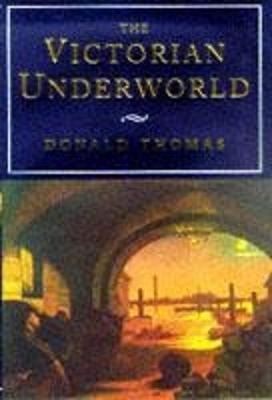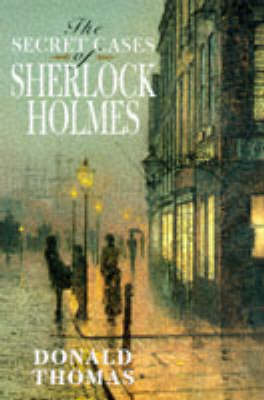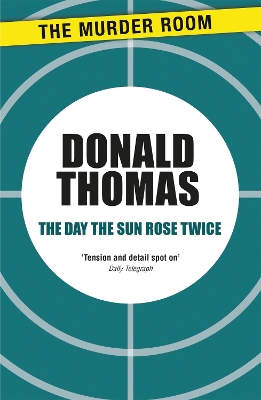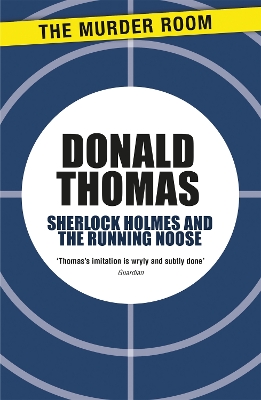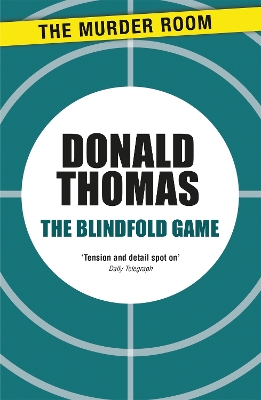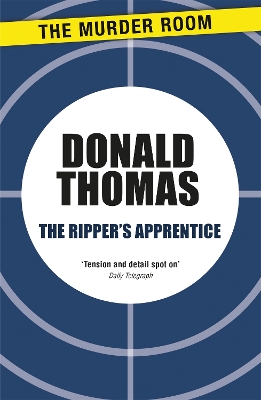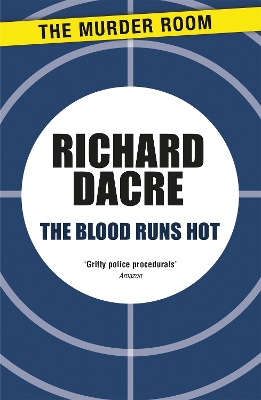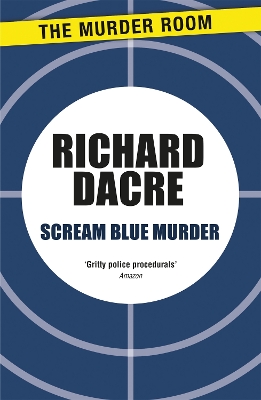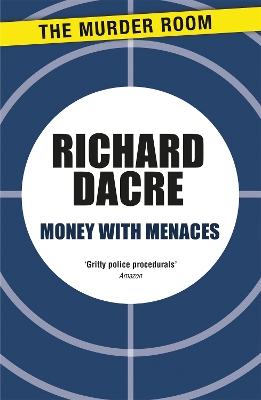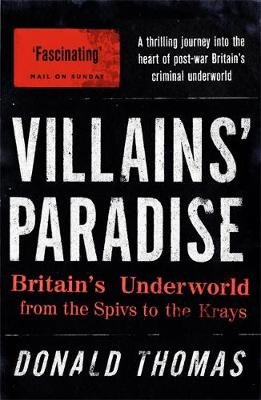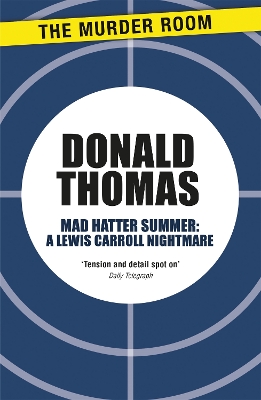Murder Room
16 total works
It is 1936 - the year of the Abdication Crisis - and gangland capo Sonny Tarrant's money-laundering operation is being threatened by three small-time thieves thinking big.
Would-be gangsters Sandboy, McGouran and Gillis have carried out a violent raid on the premises of furrier Pelly Pender. But Pender insists to the police that no attack took place, for he knows the trio will face a different justice in which the law plays no part. And Sandboy soon finds himself caught in a nightmare world in which Tarrant manipulates his victims with the deftness of a flick-knife.
His last hope is Yvonne Manders, once the stage-dancer 'Lady Blue' . . .
Two petrol bombs thrown on the Cakewalk promenade, a sports reporter and his bike rammed off a cliff, a policeman thrown through a plate-glass display window in the city centre and left to die. All this is 'a quiet summer weekend' in the dockland city of Canton and its Art Deco resort town of Ocean Beach.
Chief Inspector Sam Hoskins links the investigation of these crimes, but political chicanery hampers him on both sides: on the left is ambitious young Eve Ricard riding to national fame and fortune on 'women's issues, media bias, and insensitive policing'; to the right is the monstrously corrupt councillor and aged razor-boy Carmel Cooney, with his girls and clubs and rackets ...
'Strong on city life and the interplay between policemen and local politics' Independent
The Man had only once followed her home in the evening, after she had been to a Blue Moon concert with Claire and Viv. Still, Elaine was not frightened. It amused her to have an admirer who was far too timid to approach. On that evening, she had been tempted to give him a fright, to swing round and confront him. Or she might look down from the top of the bank and ask him if he had now seen everything he wanted. But that would be like breaking the rules of a private game. Then, perhaps, The Man might become dangerous ...
'The book shows a bleak and unprepossessing gallery of villainous talent' Punch
Wednesday 5 January is a black day in the police calendar of dockland Canton and its Art Deco resort of Ocean Beach. It dawns in freezing mist and icy roads. It ends with a vanload of drugs hijacked, two policemen dead, and gunfire on the motorway. DCI Sam Hoskins and his sergeant, Jack Chance, are meanwhile embroiled in a fruitless investigation of Billy Catte, seaside arcade proprietor and club-owner.
In a political storm that pits zealous social workers against municipal gangsters, as well as police against revenge and kidnap, Hoskins holds the tenuous thread on which several lives depend ...
The Second World War produced numerous acts of self-sacrifice, but it also made many people rich. Under the cover of war, crime ranging from opportunistic looting to systematic theft was able to flourish.
Donald Thomas draws on extensive archive material to reveal the ingenuity and sheer scale of wartime criminality, making fascinating reading of one of the great untold stories of the war.
'A mesmerising, unputdownable and brilliantly researched page-turner' Sunday Times
